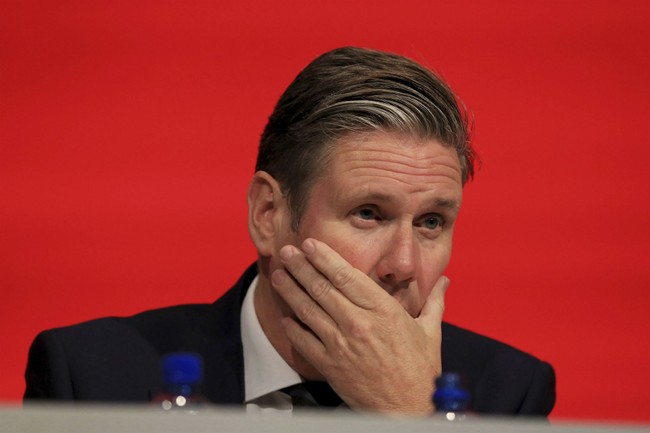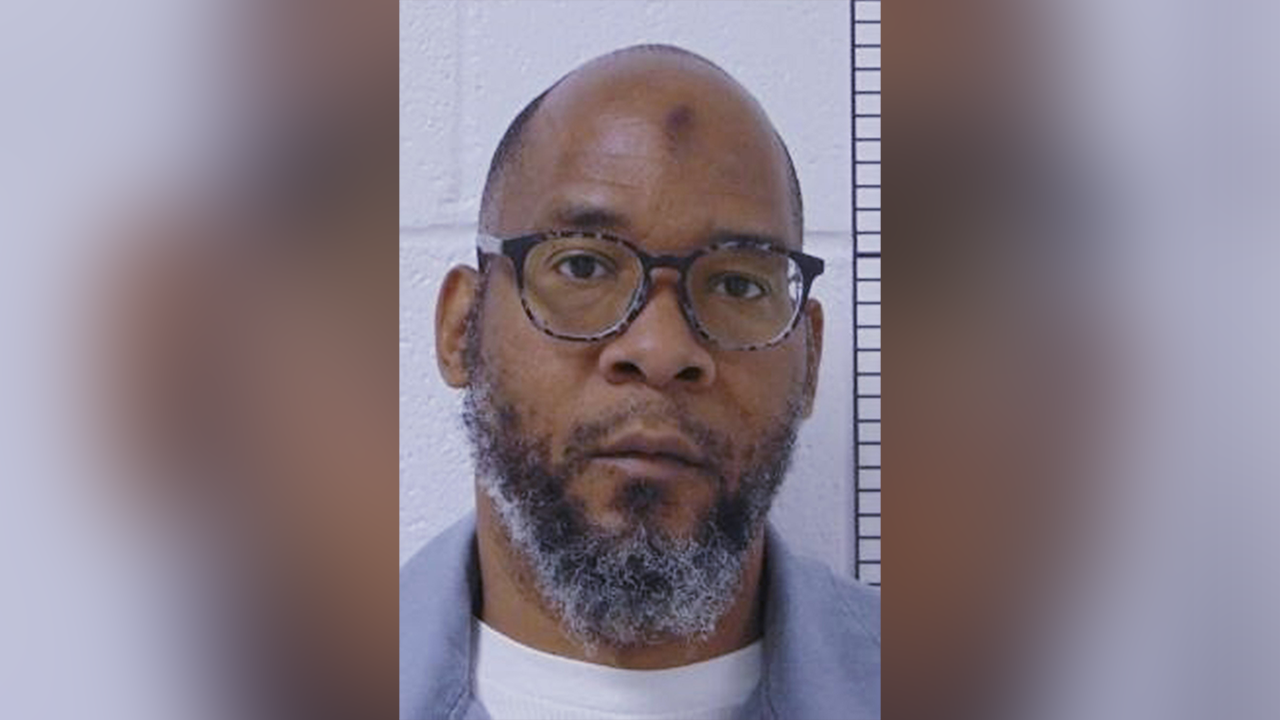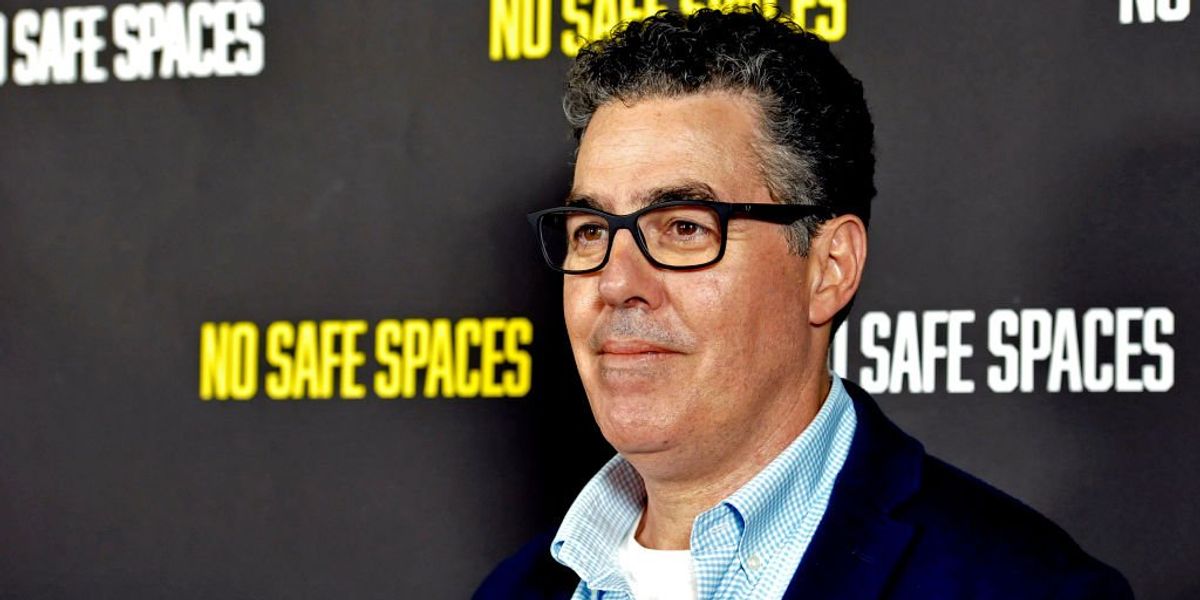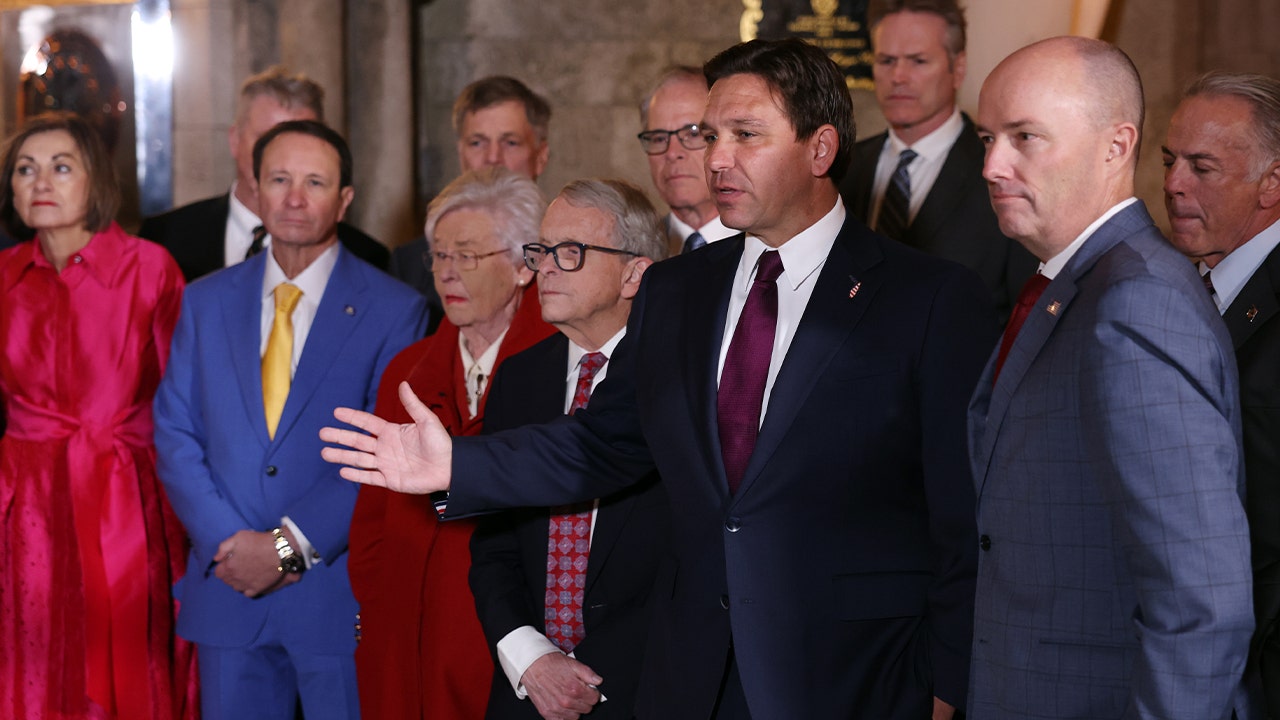Republican FCC Commissioner Brendan Carr has voiced significant concerns regarding the recent fast-tracking of a deal that would transfer ownership of more than 200 radio stations to the Soros Management Fund.
During a hearing with the House Oversight and Accountability Committee, Carr discussed the unusual process the Federal Communications Commission (FCC) used to expedite the sale, raising questions about transparency and adherence to standard procedures.
The sale involves the transfer of ownership of radio stations previously owned by the bankrupt media company Audacy, Inc. to the Soros-backed group. Rep. Nick Langworthy (R-NY) began the exchange by referencing a letter he had sent to the FCC on April 8, 2024, urging a thorough review of the sale. “Can you give me a status update on the proceedings as they relate to the transfer of ownership of Audacy Inc. to the Soros Fund Management Company?” Langworthy asked.
Patriotic beachwear for freedom lovers! Shop now and get 10% off with code RB10. Vet & LEO-founded.
Commissioner Carr confirmed the letter and provided a critical update on the proceedings. “There is a transaction where a Soros-backed group would take ownership of over 200 radio stations across 40 different markets,” Carr explained. The initial plan was to review the deal at the bureau level without requiring a full commission vote.
However, as Carr pointed out, it became clear that the deal would require a decision by the full commission. “I would assume now or in the near future the commission would approve,” Carr added.
What has drawn particular concern from Carr is that the FCC is not following its usual process for reviewing transactions of this magnitude, especially given the involvement of foreign ownership.”We have established over a number of years, one way in which you can get approval from the FCC when you have in excess of 25% foreign ownership, which this transaction does. And it seems to me that the FCC is poised to create for the first time, an entirely new shortcut,” Carr noted.
Langworthy shared Carr’s alarm, stating, “I am extremely alarmed at what’s happening with this transaction. This is very unprecedented. Looking at the facts, it seems that the administration is giving a left-wing billionaire, who is a major donor, a close ally, one of the chief funders of all of the efforts in their dark money, a free pass to take control of hundreds of local radio stations.”
Carr further detailed what a normal review process would involve, explaining that the FCC would typically require a petition ruling, input from national security agencies, and an in-depth review of the foreign ownership involved. “That could take 3 to 4 to 5 to 6 months,” Carr said. “Then the full commission would step in and decide up or down on the merits of the transaction. It looks like we got the cart before the horse this time.”
Langworthy highlighted the importance of local radio to small-town communities, expressing his frustration at the FCC’s actions. “Local radio and local media are the lifeline of communities like those in my district,” he said. “It’s that diversity of ideas that the left, including partisan very activist billionaires like George Soros, like to stifle.”
Carr emphasized the lack of precedent for the expedited handling of this case, stressing the significance of adhering to established procedures. “What we usually do is we require people to file a petition with us. We bring in national security agencies; they can review the foreign ownership… but we haven’t reviewed it,” he noted, calling out the unusual haste surrounding this deal.
The Harris and Biden administration is having their FCC expedite the sale of 200 radio stations to George Soros. pic.twitter.com/RFHCHhjcSU
— Insurrection Barbie (@DefiyantlyFree) September 19, 2024
Carr’s concerns about the Soros deal come just days after another FCC decision raised eyebrows.
Last week, the FCC quietly delayed a critical buildout that would have expanded internet access to rural communities.
This delay, approved without public input, allows Dish Network Chair Charlie Ergen up to three more years to bring internet service to some of the most remote areas in the U.S. Carr called this delay “the worst abuse of agency process I have seen in my twelve years of working at the FCC.”
According to Carr, the deal was rushed through without the usual procedures, leaving Republican FCC Commissioners and other stakeholders in the dark. “The Democrats in FCC leadership cut a secret, backroom deal—one that kept the Republican FCC Commissioners and perhaps others completely in the dark—and then hustled it out the door on a Friday afternoon,” Carr told The New York Post.
The timing of these decisions has not gone unnoticed. Just two days after the FCC granted Ergen’s extension, the commission approved Soros’ acquisition of over 200 radio stations across 40 markets, reaching more than 165 million Americans.
The FCC’s approval came after a partisan vote, with the three Democrat commissioners voting in favor and the two Republicans voting against.
Soros, 93, reportedly invested $400 million into Audacy earlier this year, gaining control of the network.
Though Audacy currently features several prominent conservative voices, including Sean Hannity, Mark Levin, and Glenn Beck, sources suggest that Soros’ influence could lead to changes in the programming direction of these stations.
A source familiar with the deal told The Post, “The idea that George Soros is buying hundreds of local radio stations right before a national election and will keep broadcasting Sean Hannity and other conservative talk radio hosts on Audacy is not credible.”
The speed at which these decisions were made, particularly in the run-up to the 2024 presidential election, has drawn sharp criticism from both FCC insiders and external observers. “The FCC should not create a special Soros shortcut,” Carr previously told The Post. He reiterated that the agency should adhere to its full and normal review process for transactions involving foreign ownership.
Meanwhile, Ergen’s deal to delay Dish Network’s rural internet buildout was approved even faster than the Soros acquisition.
Ergen, a longtime Democratic donor, was granted an extension just two days after requesting it, without any public input or a formal vote by the commission.
The expedited handling of both the Soros acquisition and the Dish Network delay has raised concerns about political favoritism at the FCC.
Ergen and his wife have donated more than $200,000 to Kamala Harris and the Democratic National Committee in recent years, leading some to question whether his political contributions influenced the FCC’s decision.
As these controversial deals continue to unfold, critics like Commissioner Carr are calling for greater transparency and accountability from the FCC, urging the agency to follow its established processes and resist political pressure.
The opinions expressed by contributors and/or content partners are their own and do not necessarily reflect the views of LifeZette. Contact us for guidelines on submitting your own commentary.
Read the full article here


![FCC Fast Tracks George Soros 200 Station Acquisition, Delays Rural Internet Project [WATCH] FCC Fast Tracks George Soros 200 Station Acquisition, Delays Rural Internet Project [WATCH]](https://www.lifezette.com/wp-content/uploads/2024/09/2024.09.24-05.05-lifezette-66f2f1747156a.jpg)


![Furious Celebrities Rip Newsom, Bass Over LA Wildfire Response Chaos [WATCH] Furious Celebrities Rip Newsom, Bass Over LA Wildfire Response Chaos [WATCH]](https://www.lifezette.com/wp-content/uploads/2025/01/2025.01.09-05.18-lifezette-678004c9e71c5.jpg)




